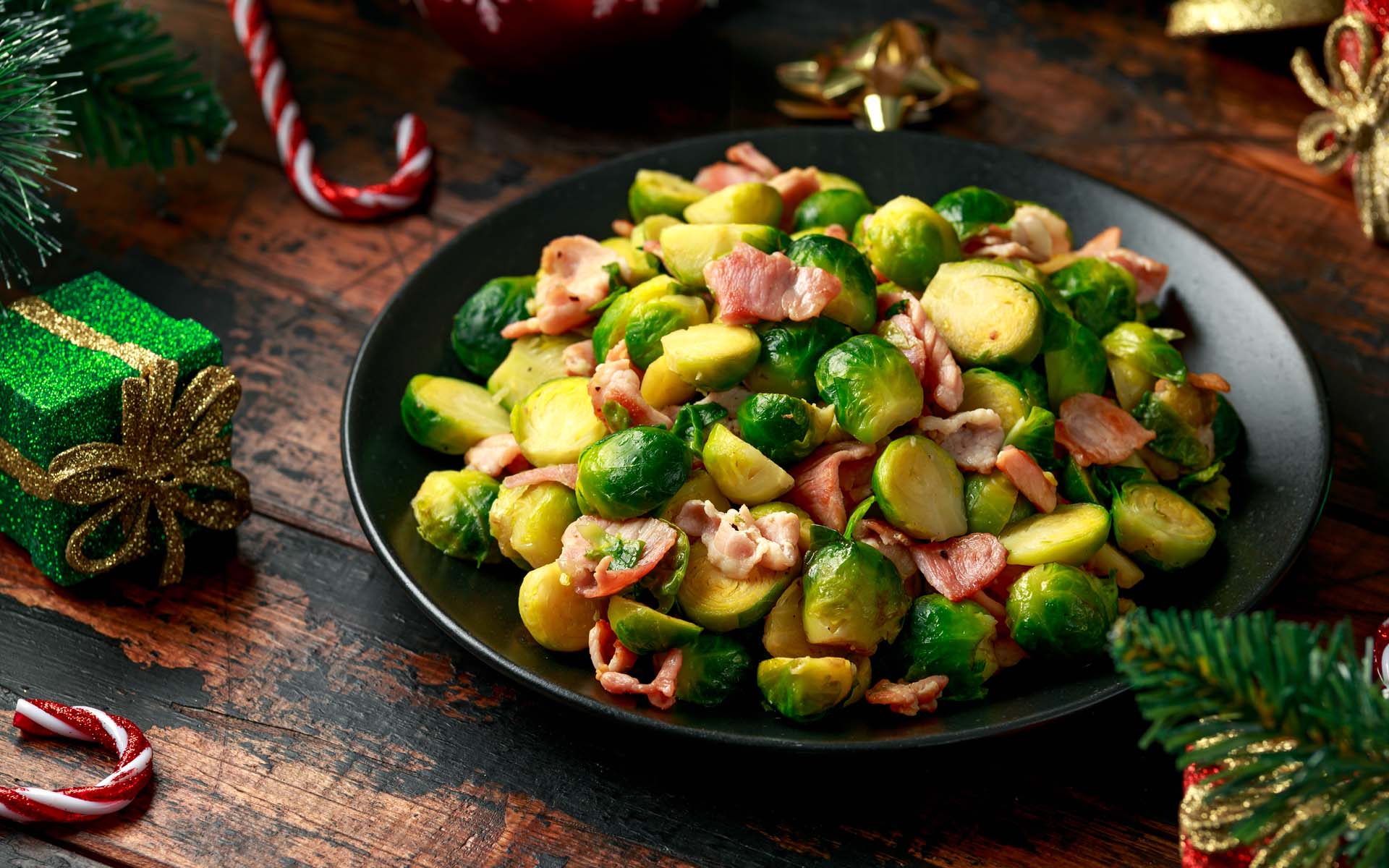
Love them or hate them, no other vegetable divides public opinion like the humble Brussels sprout.
The slightly bitter brassicas have become synonymous with the festive season, and in the UK we eat more of them than any other country in Europe. The Office for National Statistics says our supermarkets sell an incredible 750 million of them in the run-up to Christmas.
So read on to discover why Brussels sprouts are so good for us, how to prevent their smelly side effects, and why they taste better as we get older.
In the UK we love our sprouts so much that an area the equivalent of 3,240 football pitches is covered by Brussels sprouts fields.
The Royal Horticultural Society says the Brussels sprout is a member of the Gemmifera cultivar group of cabbages (Brassica oleracea). They are part of the family of cruciferous vegetables (cruciferous means that their leaves grow in a cross-like shape), which is mostly made up of brassicas such as cabbage, cauliflower, kale and broccoli.
A forerunner to the modern sprout is thought to have been grown in ancient Rome, but Brussels sprouts as we know them were first grown in Flanders in the 13th century.
They usually grow up to 4cm in diameter and look like miniature cabbages. Now more than 110 varieties of sprout are available to grow, including green and red varieties.
For such a small vegetable, the Brussels sprout packs a real nutritional punch. Saga Magazine spoke to registered nutritional therapist Anna Mapson.
She says: “Brussels sprouts are a low-energy food, high in fibre and essential nutrients such as vitamin K. A portion of sprouts (around 80g) counts as one of your five a day.
“This portion will give you around 50% of the vitamin C and vitamin K you need each day. Sprouts are also high in antioxidants, such as kaempferol, which help protect against inflammatory wear and tear and damage to cells.
"All in all, they are an important addition to your winter diet.”

Sulphoraphane is another useful nutrient we get from Brussels sprouts and other cruciferous vegetables. Sulphoraphane and related compounds are produced by glucosinolates, and are released when the vegetable tissues are damaged, for example by chewing or chopping.
These compounds are only found in cruciferous vegetables. They have been shown to have anti-inflammatory and cancer-protective properties, and there is also evidence that they could improve risk factors for heart disease, and might even help with arthritis and asthma.
Sprouts can cause wind because they're high in fibre as well as in a type of complex sugar (or oligosaccharide) called raffinose.
Mapson says: “Any high-fibre food can create flatulence, especially if you are not used to eating a lot of fibre. Fermentation occurs as undigested fibre reaches the large intestine where gut bacteria ‘eat’ it. They produce gas as a by-product of this metabolism of the fibre.
“Fibre that the gut bacteria like to eat are sometimes called prebiotics, meaning they promote the growth of beneficial bacteria and reduce unwanted microbes.”
Raffinose can't be digested by the body but, like prebiotic fibre, is fermented by bacteria in the large intestine. This fermentation causes gas. It also leads to the formation of short-chain fatty acids, which are linked to a range of health benefits.
As for the smell, it's caused by the sulphur-containing compounds in sprouts. These compounds are linked to lots of health benefits, but can also produce an embarrassing reaction in our bodies.
“The sulphur in sprouts can be used to create glutathione, a powerful antioxidant. Glutathione helps to protect our cells from damage, and brassica vegetables may be linked to lower rates of cancers," Mapson explains.
“As well as this great benefit, unfortunately sulphur can also create more smelly farts. The microbes which enjoy high-sulphur foods create hydrogen sulphur gas, which has a rotten egg smell.”
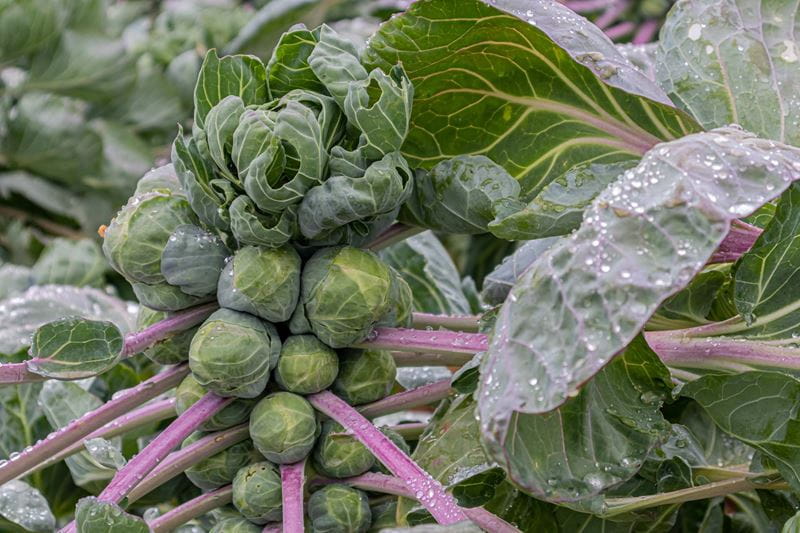
Mapson says there are a number of things you can do to reduce the undesirable effect of Brussels sprouts.
Don’t expect to eat little or no fibre all year and then get away with eating a pile of sprouts for Christmas lunch and not have any niffy side-effects.
Introduce fibre into your diet year-round and ensure you have some high-fibre foods every day. Beans and lentils, wholegrains and cruciferous vegetables are all great additions to your diet.
If you are really worried about the effect of sprouts on your digestion try taking a digestive enzyme containing alpha-galactosidase. This will help break down some of the starch in sprouts. Not all digestive enzyme supplements will contain this enzyme, so check ingredients.
Take your time to properly chew your sprouts, as this will help the chemical breakdown in the digestive tract.
Try to get out for a walk a few hours after your Christmas dinner to let your digestion settle and encourage any gas to be released.
Some people find activated charcoal helps to reduce wind. Some research has suggested it can be helpful, but there is also some conflicting evidence. There's also some evidence it can bind with water-soluble vitamins such as vitamin C, which may reduce some of the health benefits of the fruit and veg you eat.
But it could be worth a try if wind is a big problem for you at Christmas.

Did you know that sprouts actually taste better as we get older? And that it’s all down to your genes whether you love them or loathe them? Researchers from the University of Warwick have carried out research into the science around sprouts.
Lauren Chappell, of the University’s School of Life Sciences, says: “Sulphur is responsible for the bitter sprout taste. As we age, we lose tastebuds, which can make them more palatable – potentially why adults who hated sprouts as children now embrace them in seasonal dishes.
“Sprouts also contain a chemical, similar to phenylthiocarbamide, which only tastes bitter to people who have a variation of a certain gene. Around 50 per cent of the world’s population has a mutation on this gene.
"The lucky half don’t taste the bitterness usually associated with sprouts, and therefore like them a whole lot more than everyone else.”
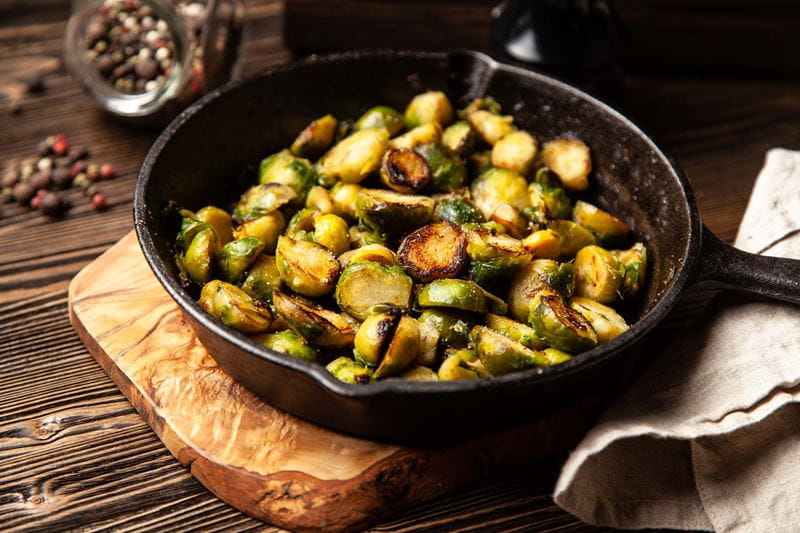
We’ve pulled together recipes by some of the UK’s leading chefs to get sprouts into your daily diet, with everything from sticky sprouts, to sprouts with chestnuts and even a pasta dish with sprouts and cheese. Enjoy!
Phillipa Cherryson is senior digital editor for Saga Magazine. Phillipa has been a journalist for 30 years, writing for national newspapers, magazines and reporting onscreen for ITV. In her spare time she loves the outdoors and is an Ordnance Survey Champion and trainee mountain leader.
View author page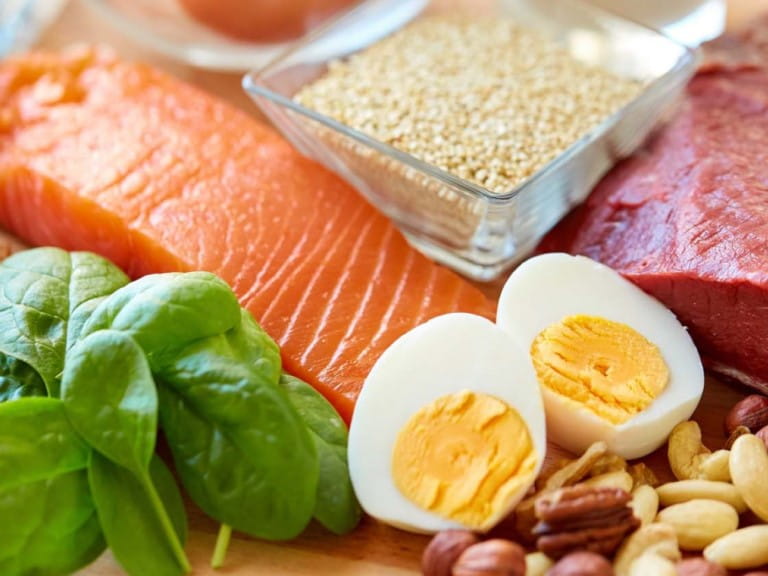
Everything you need to know about protein, from how it benefits your body to the best high-protein foods – and how much you really need.


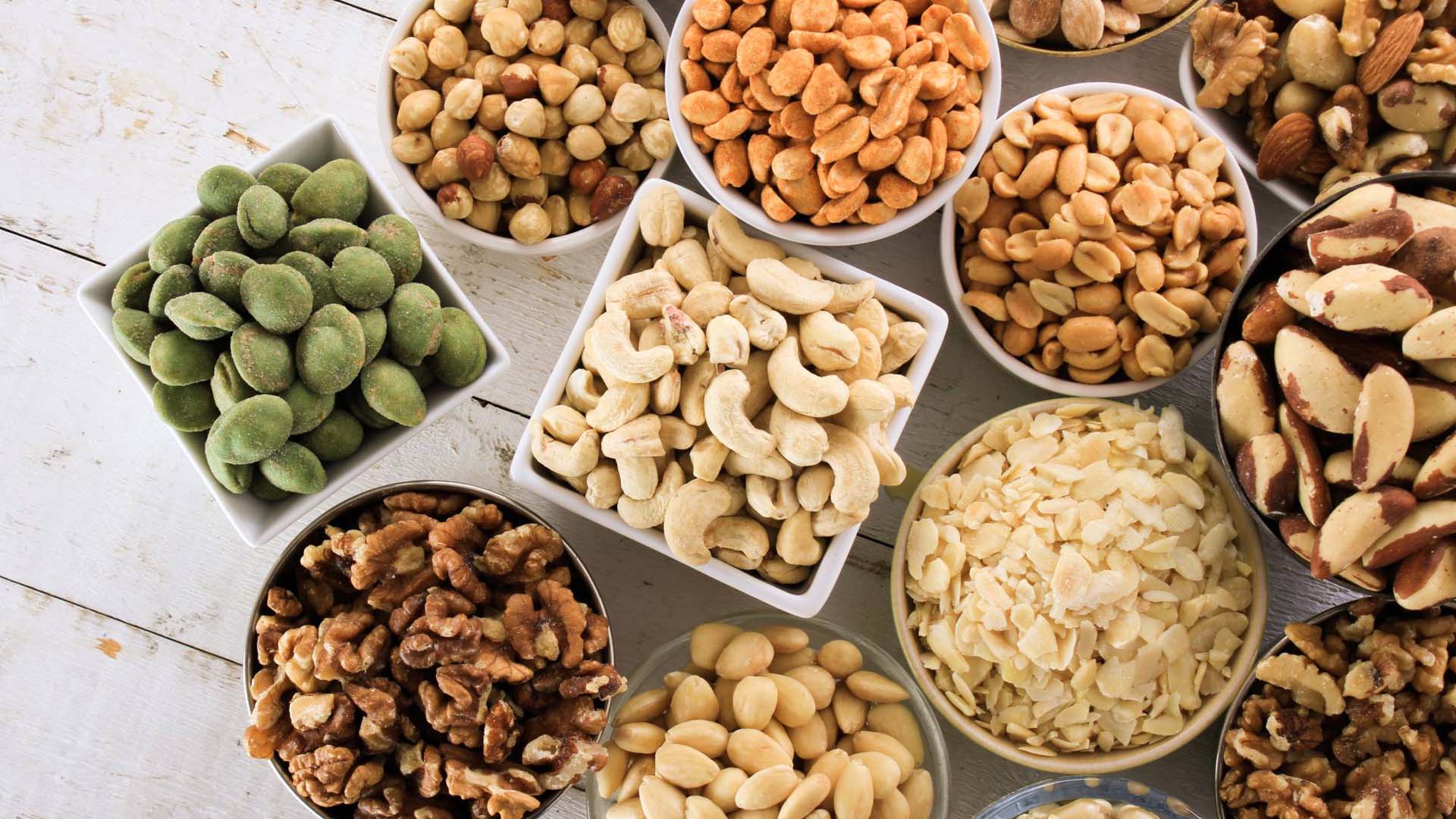
Let’s roast the myths! Not only are nuts less fattening than once feared, research shows they can cut the risk of heart disease too
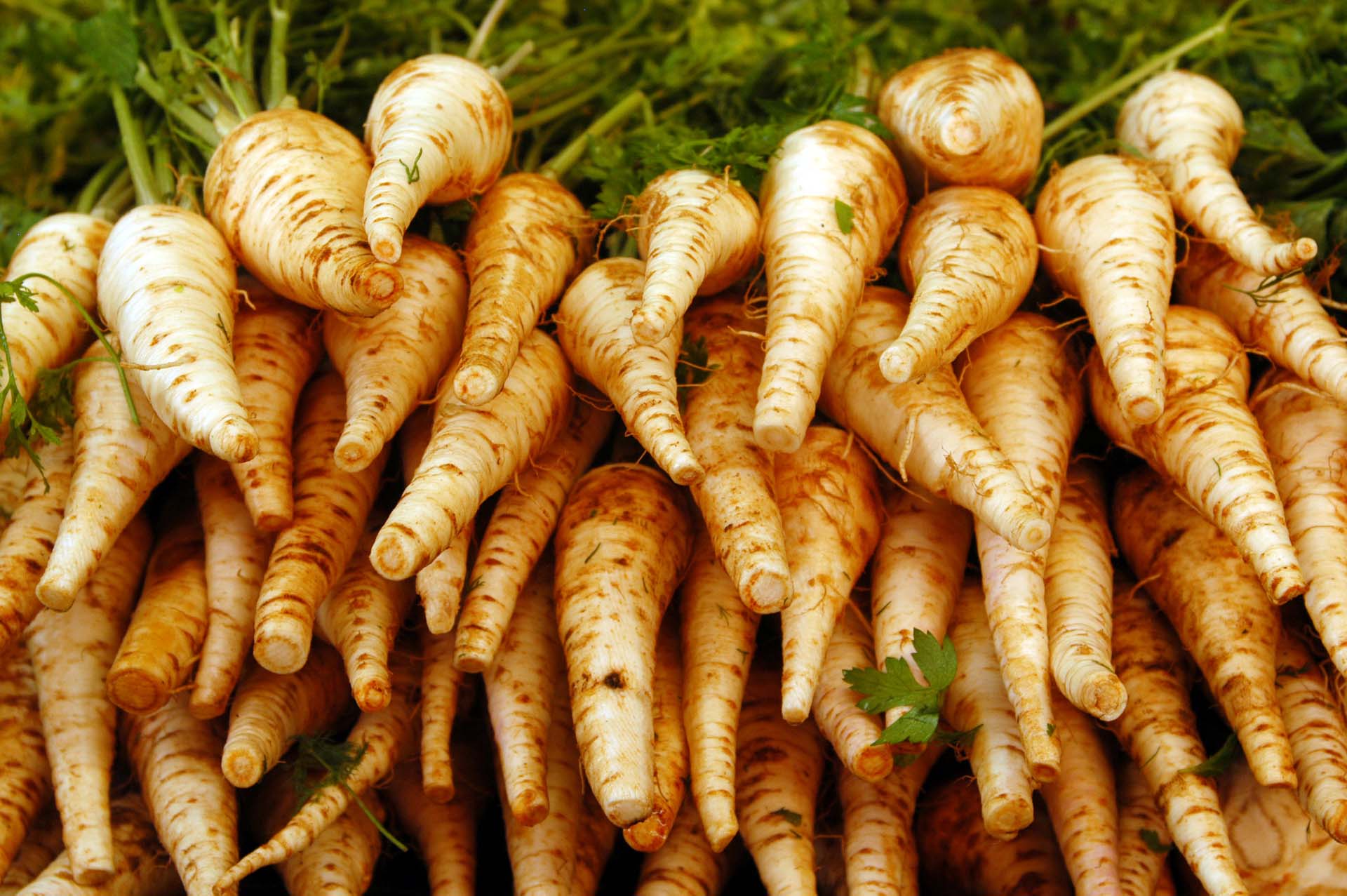
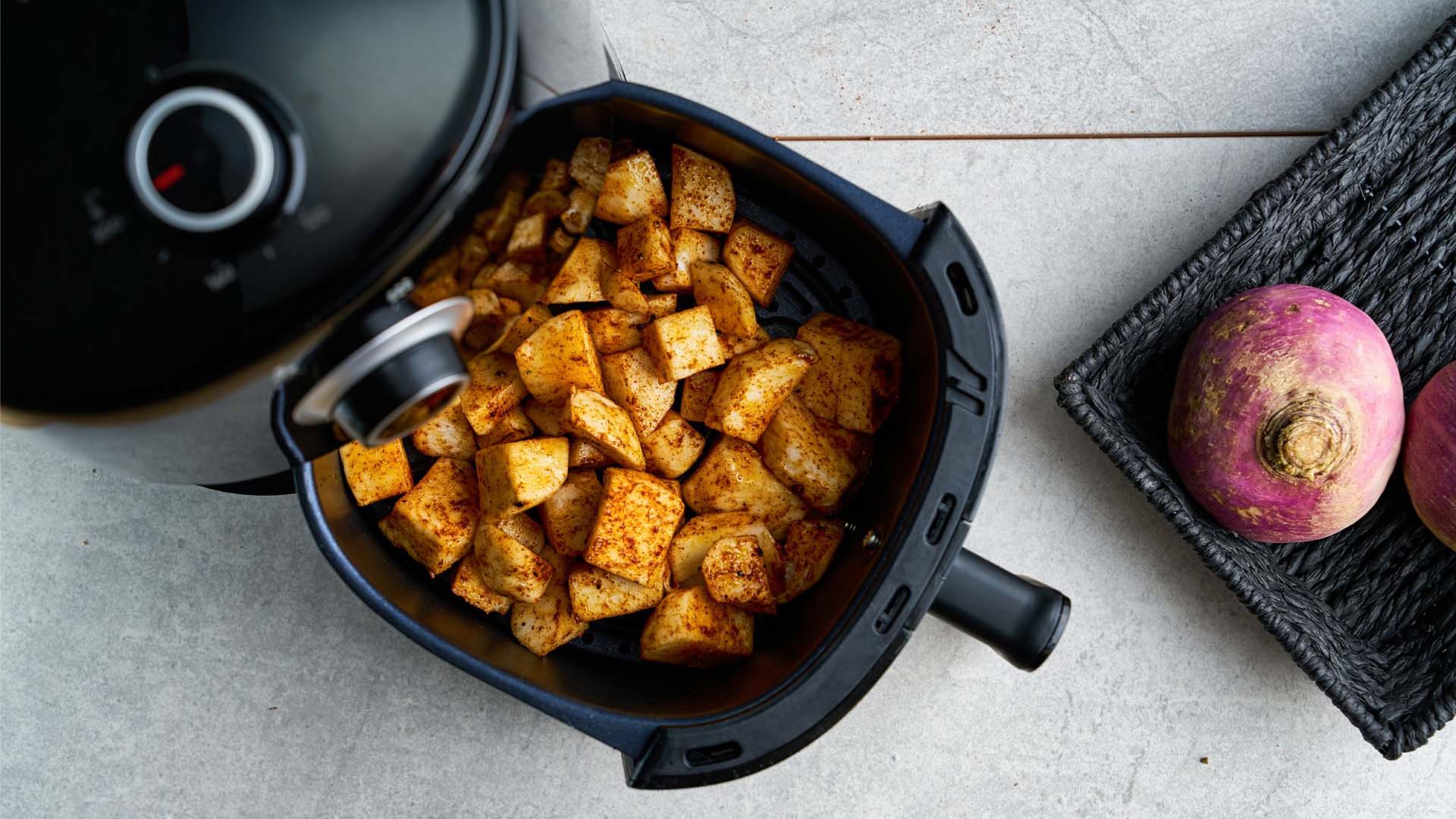
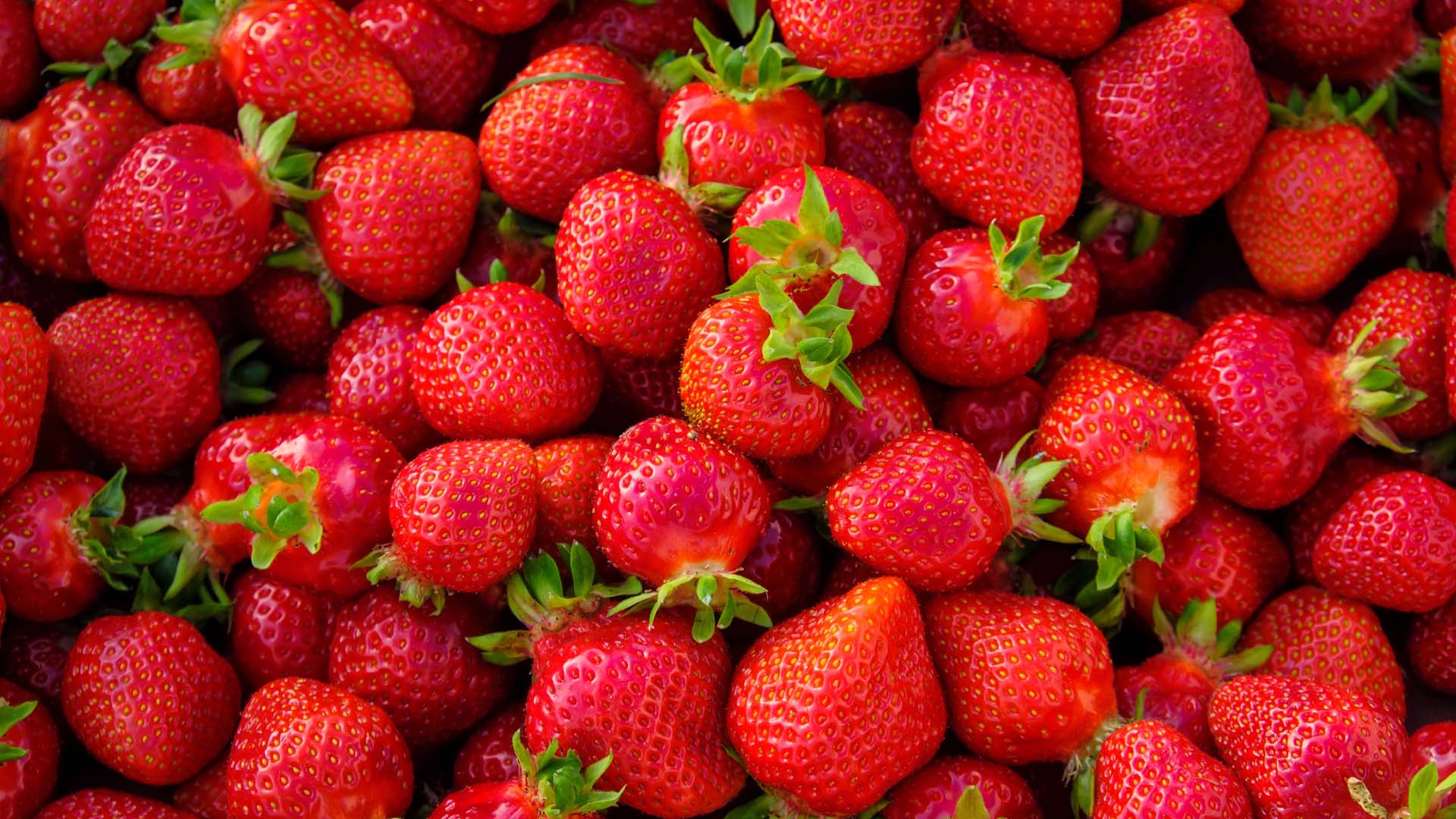
Strawberries don't just taste and look great, they are full of fibre, help your heart health and may even stave off dementia.

Looking after your gut health could be one of the biggest things that you can do for your overall health. Here are the best foods to keep your gut happy.
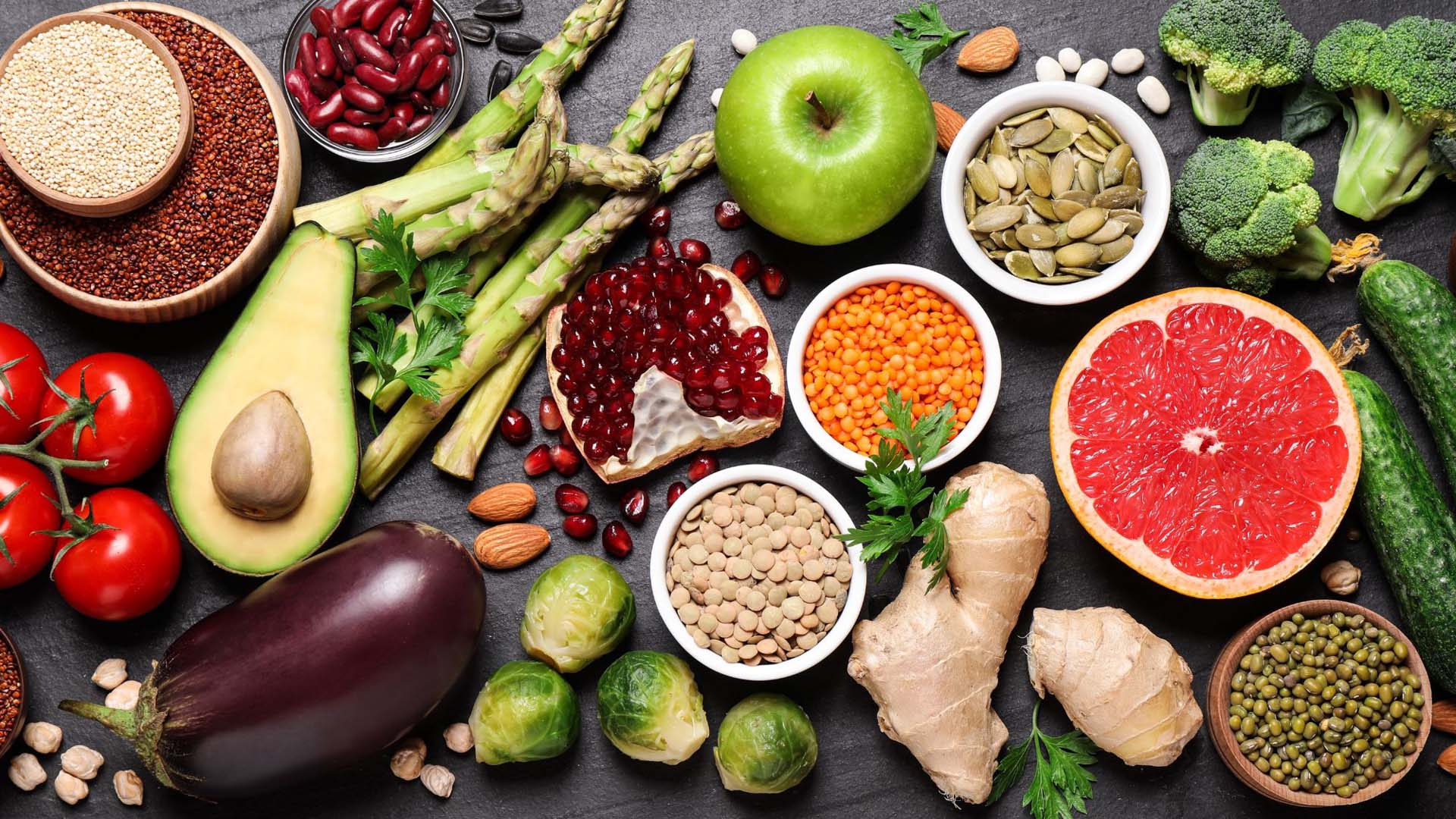
The foods that could help you live longer and protect against chronic illness.